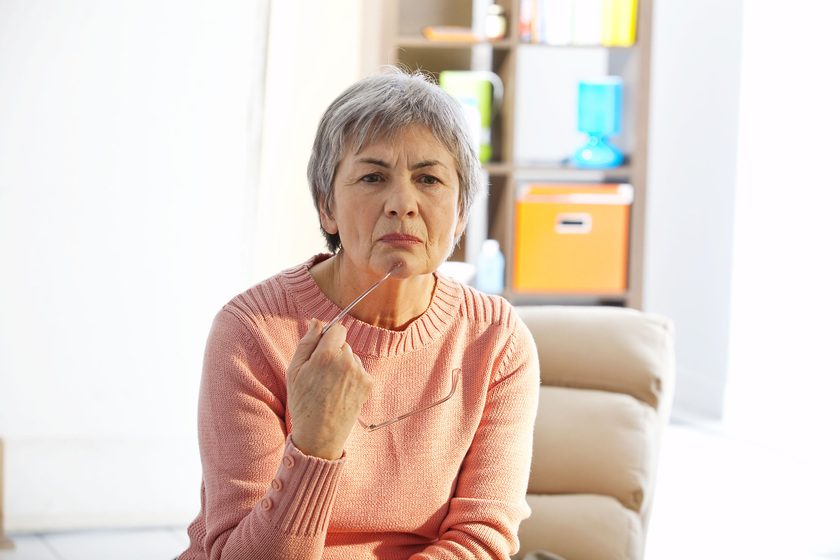Recognizing the signs of deterioration in elderly loved ones is crucial for ensuring they receive the necessary care and support. Identifying these signs early can help prevent more serious health issues and improve their overall quality of life. This guide will help you understand the common indicators of deterioration and how to address them effectively.
Physical Decline
One of the most noticeable signs of deterioration in elderly individuals is physical decline. This can manifest in various ways, including decreased mobility, balance issues, and unexplained weight loss. If your loved one is having difficulty walking, climbing stairs, or performing other physical activities, it may be time to seek additional support.
Changes in personal hygiene can also indicate a physical decline. If your loved one is neglecting their grooming habits, such as bathing, brushing teeth, or changing clothes, this may be a sign they are struggling with daily tasks. These changes often stem from physical limitations or a decline in cognitive function, both of which require attention.
Cognitive Changes
Cognitive changes are another critical area to monitor. Memory loss, confusion, and difficulty concentrating are common signs of cognitive decline. If your loved one frequently forgets appointments, misplaces items, or struggles to follow conversations, it may be time to consult a healthcare professional.
Behavioral changes can also signal cognitive deterioration. Sudden mood swings, increased irritability, or withdrawal from social activities can indicate underlying cognitive issues. These changes may be subtle at first but tend to become more pronounced over time.
Emotional and Psychological Signs
Emotional and psychological well-being is just as important as physical health. Signs of deterioration in elderly loved ones can include increased anxiety, depression, or a general lack of interest in previously enjoyed activities. If your loved one seems unusually sad, hopeless, or disengaged, it’s essential to address these feelings.
Loneliness and isolation are significant concerns for many older adults. If your loved one is spending more time alone and less time engaging with family or friends, this can lead to emotional decline. Encouraging social interaction and seeking professional help can make a significant difference.
Changes in Daily Living Activities
Difficulty performing daily living activities is a common sign of deterioration. This can include challenges with cooking, cleaning, shopping, and managing finances. If your loved one is having trouble keeping up with household chores, paying bills, or preparing meals, it may be time to consider additional support options.
Pay attention to changes in their home environment. An unusually cluttered or dirty home can indicate that your loved one is struggling to maintain their living space. This change in their ability to care for their home can be a sign that they need more assistance.
Health and Medication Management
Managing health conditions and medications is crucial for maintaining well-being. If your loved one is having difficulty keeping track of their medications, missing doses, or taking the wrong amounts, this can lead to serious health complications. Frequent trips to the emergency room or hospitalizations can also indicate a decline in health management.
It’s essential to ensure that your loved one is receiving regular medical check-ups and following their prescribed treatment plans. Poor medication adherence and neglected health conditions can accelerate deterioration.
Understanding the signs of deterioration in elderly loved ones is essential for providing timely intervention and support. Recognizing physical, cognitive, emotional, and daily living challenges can help you make informed decisions about their care.
At our retirement community, we offer comprehensive support tailored to the needs of each resident, ensuring their well-being and happiness. We invite you to visit us and learn more about how we can help your loved one thrive in a nurturing and supportive environment.







